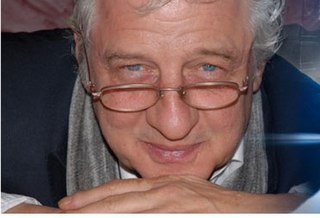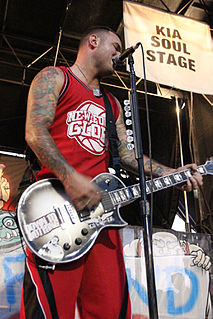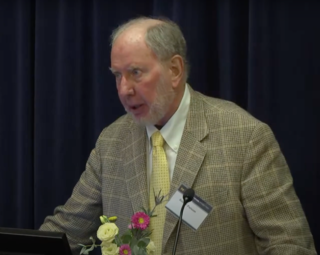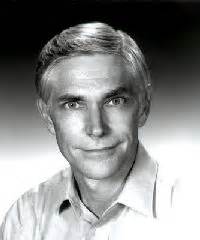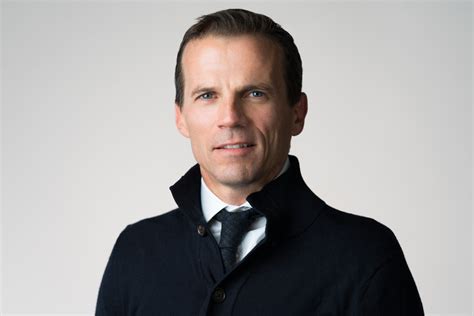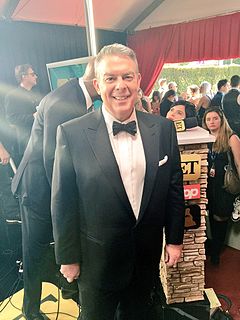A Quote by Guy Kawasaki
Social media puts reciprocity on steroids because now you can reach more people in more ways to do more things for them faster and at lower expense. Positive word about your reciprocity can spread faster than ever.
Related Quotes
Successful people are usually more lively than those who are unsuccessful. The quickening of the spirit they feel comes out of their creativity, and success detaches them from the more rigid outlook on life - it puts them in the flow. So the shakers and movers, by their very nature, are moving faster, taking more risks, and investing more in the world than their less active counterparts.
Because of social media being such a marketable format, things are constantly being released, so people don't pay as much attention because they have a million things being thrown at them. You reach more people, but now there's more content. Before, it was harder to get the people but there was less content.
Competing against each other leaves little space for reciprocity and the growth of social capital. Running against another in a race may benefit our speed, but jointly organising the sports day produces cooperation and trust. There are many situations where cooperation and reciprocity are more effective than competition. Civic virtues come from building on what we have in common rather than by using our differences to create in-groups, outgroups and fear driven competition
A society that relies on generalized reciprocity is more efficient than a distrustful society, for the same reason that money is more efficient than barter. Trust lubricates social life. Networks of civic engagement also facilitate coordination and communication and amplify information about the trustworthiness of other individuals.
Emotions are far more contagious than any disease. A smile or a panic will spread through a group of people far faster than any virus ever could. When you walk into the office or a negotiation, then, wash your bad mood away before you see us. Don't cough on us, don't sneeze on us, sure, but don't bring your grouchiness, your skepticism or your fear in here either. It might spread.
To keep your he-man jaw muscles from smashing your precious teeth, the only set you have, the body evolved an automated braking system faster and more sophisticated than anything on a Lexus. The jaw knows its own strength. The faster and more recklessly you close your mouth, the less force the muscles are willing to apply.
Most of the experts agree that strategy will have to become more "adaptive", meaning that strategies will change faster based on information from people on the corporation's front lines - dealing with customers, fending off competitors. This won't represent a new revolution, but rather the continued speeding up of the one that's been going on. Everything will move faster, and competitive advantage disappear more quickly than ever.
Things always change and evolve and now there are a lot of other ways for people to hear music that weren't as available in the past. Yes there are way more venue closures, but at the same time there are so many newer ways via social media and other digital platforms for emerging artists to spread their music and make an impact.
It's more important than ever to define yourself in terms of what you stand for rather than what you make, because what you make is going to become outmoded faster than it has at any time in the past. ...hang on to the idea of who you are as a company, and focus not on what you do, but on what you could do. By being really clear about what you stand for and why you exist, you can see what you could do with a much more open mind. You enhance your ability to adapt to change.


